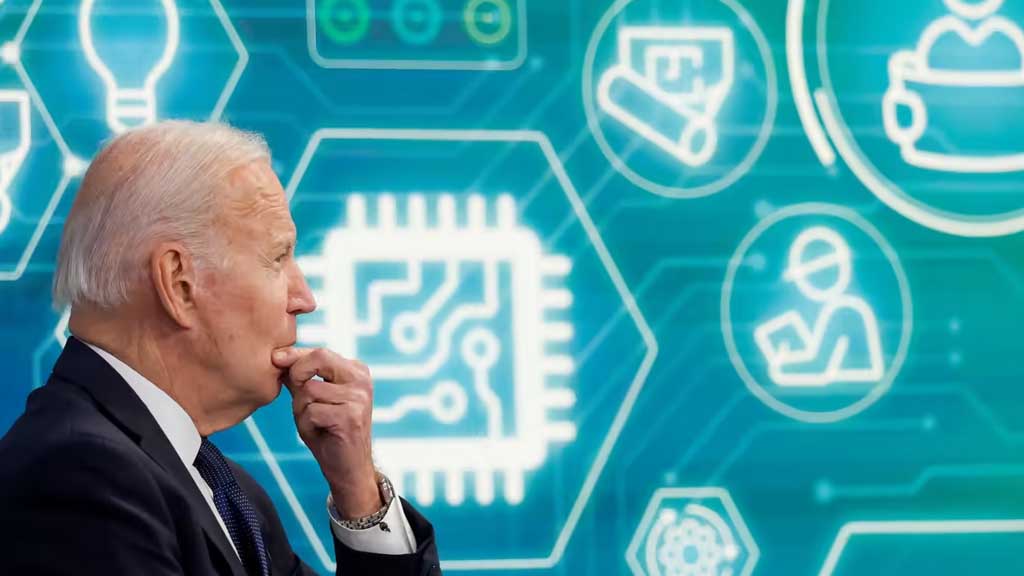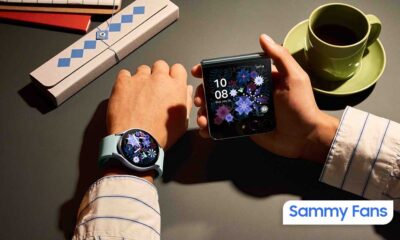News
Apple in shock! Samsung Galaxy S24 cracks 6-year streak

Samsung Galaxy S24 was the tenth top-selling phone in the third quarter of 2024. The device has cracked a 6-year streak, joining the Top 10 crew in an important timeframe despite the Apple iPhone’s global dominance.
Apple reigns supreme in Q3:
Counterpoint Research revealed that iPhone 15, iPhone 15 Pro Max and iPhone 15 Pro were the top three best-selling phones in the world. Apple managed to secure the top three positions during the iPhone 16’s release quarter.
Galaxy S24 cracks Top 10 during iPhone’s quarter:
For the first time since 2018, an Android flagship ranked in the top 10 best-selling phones in the third quarter. Samsung launched the Galaxy S24 series in January (first quarter) this year, but the handset still selling well.
In a shocking twist, the vanilla Galaxy S24 ranked as the tenth best-selling phone. This marks the first time since 2018 that an Android flagship (from Samsung) has broken into the top ten during the third quarter of the year.
Analysts note that the sales of the Galaxy S24 series have been mainly driven by a strong marketing focus on its GenAI capabilities. Earlier, MX Prex TM Roh also highlighted Samsung’s reliance on the Galaxy S24 series for another quarter.

Galaxy A series is rocking, as always:
Interestingly, four Galaxy A phones secured a ranking in the top-10 list. The Galaxy A15 4G was the world’s best-selling “Android” phone in Q3 2024. The Galaxy A15 5G was the second best-selling Android and fifth best-selling phone worldwide.
The Galaxy A35 5G and A05 ranked sixth and seventh in the Top 10 chart during 3Q24. The iPhone 14, Redmi 13C 4G and Galaxy S24 ranked eighth, ninth, and tenth, respectively. Repeating: Apple’s iPhone 15 was the best-selling phone globally in Q3 2024.
News
Biden rushes CHIPS Act deals ahead of Trump’s presidency

Samsung is trying to secure CHIPS Act subsidies before Donald Trump takes charge. Joe Biden introduced CHIPS and Science Act to boost semiconductor business on American soil. However, the President-elect is a big critic of the CHIPS Act.
Bloomberg reports that the Biden administration is rushing to finalize CHIPS Act agreements with Intel and Samsung. Notably, Samsung and Intel are set to receive direct subsidies of $6.4 billion and $8.5 billion, respectively.
During his election campaign, President-elect Trump heavily mocked the CHIPS and Science Act. It is expected that Trump could put tariff on semiconductor manufacturers and nullify subsidies before disbursment.
Concerns have arisen that semiconductor companies, which have invested heavily in the U.S. over the past four years, might not receive subsidies, or that U.S. companies like Intel could be prioritized.
Intel is an American company, which could be unaffected by Trump’s presidency. As the President-elect prefers an “America First” policy, it’s an alarming situation for Samsung Electronics, which bases its headquarters in South Korea.
Since the CHIPS and Science Act is considered a key industrial policy of the Biden administration, this move is seen as an effort to finalize binding contracts and distribute promised subsidies before the administration changes.
News
Google trying hard to compete with Galaxy AI’s Live Translate

Google is trying hard to challenge Samsung’s Live Translate powered by Galaxy AI. Google is testing new AI features for Pixel’s Call Screen tool, following Samsung’s lead in democratizing advanced artificial intelligence features.
It’s been revealed (via AssembleDebug) that Google is testing the AI Replies feature for Pixel’s Call Screen to better rival Galaxy AI’s Live Translate. While Samsung’s version is advanced enough, the Android maker is working to narrow the functioning gap.
Pixel’s Call Assist could soon add an AI Replies feature that will suggest AI-powered smart replies based on the caller’s Call Screen responses. At present, Assistant in Call Assist offers generic contextual reply suggestions.
The latest Google Phone app’s Beta revealed how the feature will work on Pixel phones. The company is said to be using Gemini Nano to power AI Replies, letting Call Assist understand natural language and provide smarter suggestions.
Google is working on AI replies in Phone app for Call Screening . According to its descripton, "Call assist suggests new AI powered smart replies based on caller's Call Screen response"#Google #Android #AI pic.twitter.com/1lZiEBMzve
— AssembleDebug (Shiv) (@AssembleDebug) November 7, 2024
Galaxy AI’s Live Translate not only offers real-time translation of text, audio, and videos but also translates phone calls. Breaking language barriers, it becomes your interpreter – translating two different languages at the same time.
Pixel 9 series supports the most advanced Call Assist and Call Screen features. Despite limited device availability, only certain markets support manual call screening. Meanwhile, Samsung’s Galaxy AI is supported by more than a dozen languages.
Beyond Samsung Phone app, the Live Translate feature’s AI magic also works on many third-party applications. Those apps include Facebook Messenger, Google Meet, Instagram, Kakao Talk, LINE, Signal, Telegram, WeChat, and WhatsApp.
News
How will Donald Trump’s return impact Samsung’s semiconductor ambitions?

President-elect Donald Trump is an unpredictable man. The return of Donald Trump as the 47th President of the United States could impact Samsung, SK Hynix, and TSMC’s semiconductor ambitions and we wish the best for the manufacturers.
CHIPS Gone, Tariff On?
During the election campaign, Donald Trump threatened to repeal the CHIPS and Science Act introduced by Joe Biden. The act aims to provide billions of dollars of federal subsidies to semiconductor vendors to boost localization.
Rather than repealing the CHIPS Act, Trump may cut subsidies for chipmakers and raise tariffs on outsiders such as TSMC, Samsung, and SK Hynix. Korean firms should leverage AI chip expertise and further bolster ties with the new US administration.

Taiwan’s TSMC is apparently on Trump’s radar, with Samsung and SK Hynix could also face the heat in the future. If Trump revokes the CHIPS Act, these firms will lose access to potential subsidies to establish production plans on American soil.
Trump has called the act “so bad,” and insisted that imposing tariffs is the way to push companies to build chip factories in the US, rather than providing subsidies and tax credits. Notably, Samsung is eligible for up to $6.4 billion in subsidies against its $45 billion chip foundry.
Trump’s comeback could shape Samsung’s semiconductor future
In case Trump’s actions target TSMC, the world’s biggest contract chip maker, new opportunities will born for Samsung Elec and the US-based Micron. Meanwhile, the potential impact will only be determined once Trump takes over Biden in January.

Trump’s envisioned high tariff policy and decoupling strategy to isolate China from the global supply chain is expected to have both benefits and challenges for Korean chipmakers.
However, Korean chipmakers could benefit in the long term when Trump’s high tariffs on chips made outside of the US force companies to produce chips on American soil.










